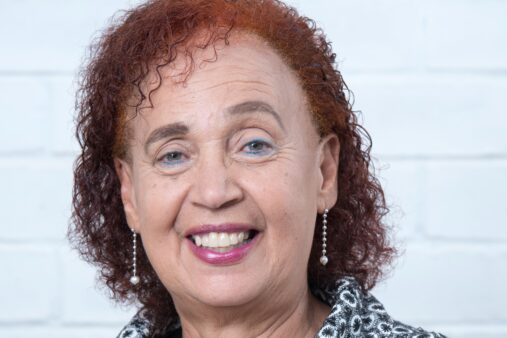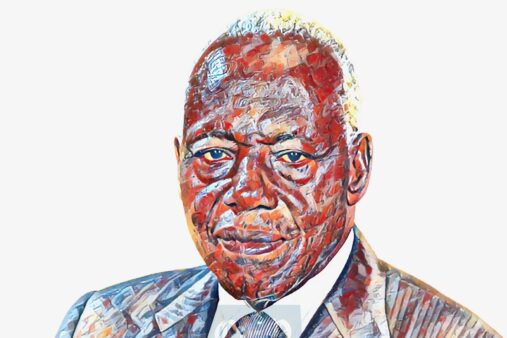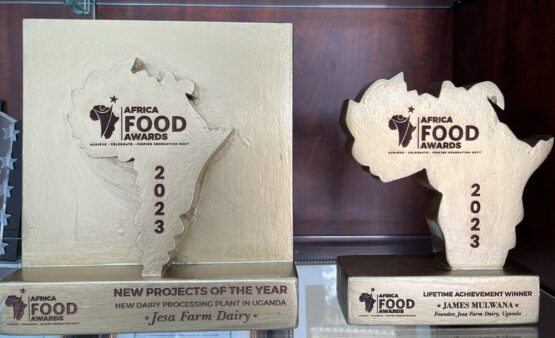How do you describe yourself?
James Mulwana is a businessman, an entrepreneur and a farmer. I also love to describe myself as a person who is committed to growth and development; not only my own growth but also the growth of all people wherever they are.
For most of my life, I have been trying to work with my colleagues to create a conducive environment for the private sector, because it is through the private sector that Uganda can grow a vibrant middle class in Uganda. A vibrant middle class means bigger demand and therefore bigger markets, more jobs and more production and in Uganda’s medium and long-term economic development.
That is why I revived the Uganda Manufacturers Association in 1988 and chaired it for 14 years before I retired. I also participated in the formation of Private Sector Foundation another umbrella organisation which I chaired for 13 years and I have just retired.
I started a company called Uganda Batteries and in 1970, I started Nice House of Plastics. We were the first people to make toothbrushes on the continent of Africa. We started with toothbrushes, we now make writing instruments and several other plastic products.
I later started Jesa Farm Dairy Ltd in the 90s. Jesa processes and sells milk, yoghurt and other milk products.
Your companies are among a few indigenous Ugandan businesses that have seen more than 4 decades and are still growing strong. What are some of the useful lessons learned over the 4 decades in business that Ugandan CEOs can pick a leaf from?
Having been around, especially during the Amin times, has taught me that tough times never last. When you are faced with tough times, it is important that you don’t lose your focus. You have to persist and at the same time be flexible enough to explore a number of solutions to your predicament. You need to know that most likely you are not the only one facing this difficult situation.
In your business have you had any lessons of failure that have perhaps turned out to be big lessons as well?
I wouldn’t say it has been successful throughout but like I said, sometimes things have been very tough but working very hard with the support of people I know and those that I don’t know, we have gone through. As you can see all the businesses I started are still operating.
We experienced hard times in the 70s when my partners in Uganda Batteries were expelled in 1972 and due to the economic breakdown then, demand for batteries dwindled but somehow I managed to stay afloat. I kept my companies together and in 1981 when my partners returned, they still held their share holding till 1990 when they sold their shares to me.
Your children do hold significant positions in all your companies and this says something about parents providing business mentoring to their children. Are there any regrets that you took this decision to involve your children in your business?
I am one of those believers that whatever business or business idea one has, it starts at the family level and indeed many of the big corporations we know started as family businesses e.g. the Rockefellers or the Rupert Murdochs.
It is everybody’s will to leave behind their business with the family so that they can live and leave the legacy, but if the family finds it bigger, instead of trying to carry the burden alone, they can invite others for example the Madhvanis or the Mehtas who have invited other partners but have still remained very successful.
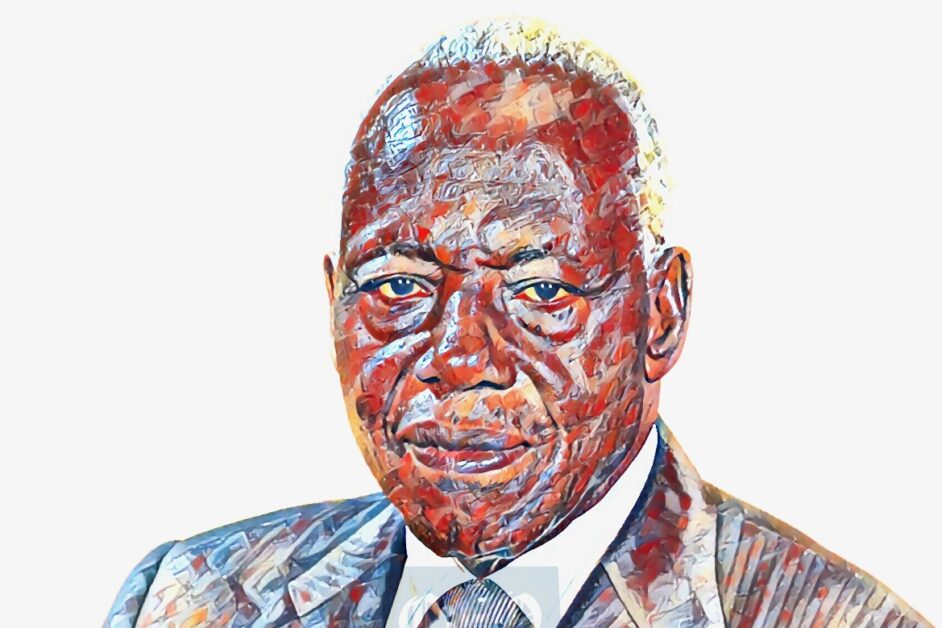
Family businesses are sustainable, though a lot of discipline has to be exercised. I praise God that my children work with me, but that doesn’t mean that it is going to be a model for everybody. But it is also true that quite a number of people are working with their children e.g Wavamunno, and many others and all of them are successful.
Now that your children are in firm control of things, have you thought of retiring and letting them run the show?
That is the question everybody is asking me because right now I am 73 years old. I don’t really believe so much in retirement. I believe in may be reducing activities. As long as I share responsibilities and duties with other people and keep only that, that I can handle, I will always work.
Rupert Murdoch is 83 years but he starts working at 6 am until 8 o’clock. He however has a son aged 35 whom he has given some responsibilities. Isn’t he successful?
If I retire now, what will I do?
You are the board chairman for Celtel, Standard Chartered Bank, Nile Breweries and BAT, all of them large multinational corporations. What is it that you think these companies are looking for in you?
It is true that I hold good knowledge of the Ugandan markets but there are several other Ugandans who hold the same knowledge. I really can’t assess why, but I praise God, that I have been given that kind of trust and responsibility.
What inspires you?
Most people would like to think that we businessmen are inspired by money but money is no longer an issue because, for example, there is a limit to how many meals I can take and how many cars I can drive. I am inspired by success, not my own alone, but by the success of all Ugandans.
I really look forward to seeing the day Uganda has a well-developed middle class when a majority of Ugandans will be gainfully employed and earning well. That is why I have devoted a lot of time to working with different organizations that promote the well-being of people because at the end of the day, everybody must eat or we shall not eat in peace.
All of us have got to realize that when we leave this world, everything we have worked for, we leave behind. What matters most to me is to make the world a better place for all of us to share. It should be a lifetime commitment for those of us with the means and the voice and indeed for all our other leaders to uplift as many Ugandans and as many livelihoods as we can, no matter where they come from.
I for example introduced Sameer, the people who took over Dairy Corporation to Uganda even though they are my competitors. I wanted them to take over Dairy Corporation, and make it successful so that farmers, would benefit from it because if the farmers are selling their milk and earning more, I will also be doing well. People will buy more of my products, the prices will go up, I will expand my factories, and create more jobs and the cycle is recurrent and in the end, we shall have faster growth.
There are so many Ugandan entrepreneurs toiling every day to break even. As one who has been there, what would you like to tell them about the struggle to succeed?
I will tell them that tough times never last and that there are lots of opportunities and Uganda has a lot of potential for only those that have tried or are willing to try. I will also encourage many of our youth to save and invest because if you invest UGX10,000 wisely today, you can’t believe what returns you will have 15 years from now.
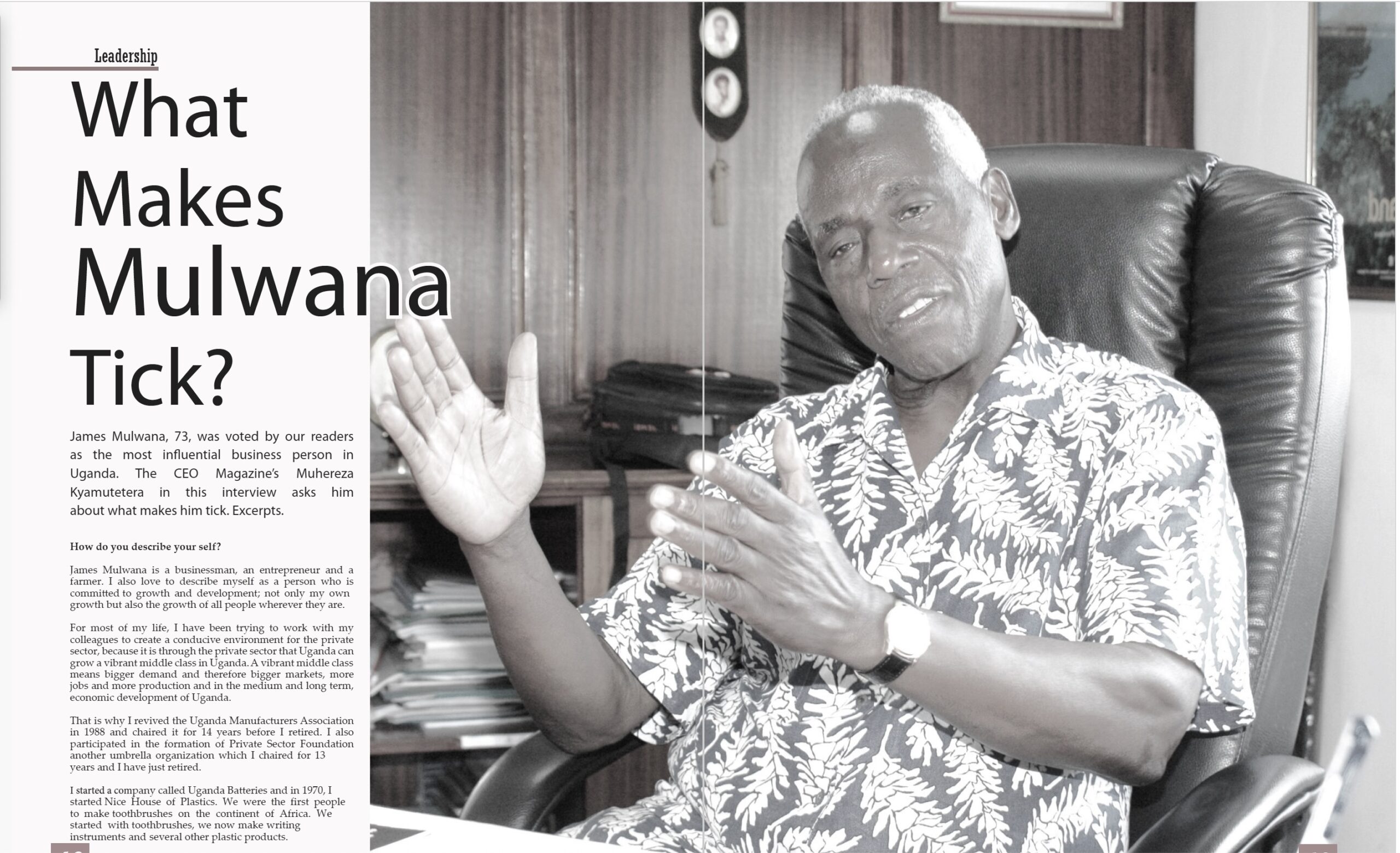
 Vodacom Tanzania's Philip Besiimire’s Three-Year Scorecard: Growth, Discipline, and Dividends
Vodacom Tanzania's Philip Besiimire’s Three-Year Scorecard: Growth, Discipline, and Dividends